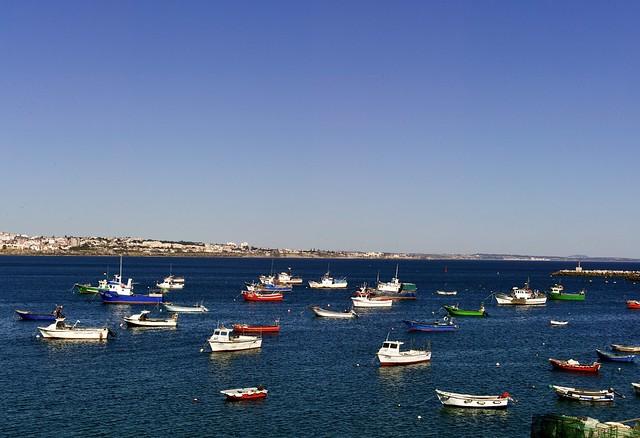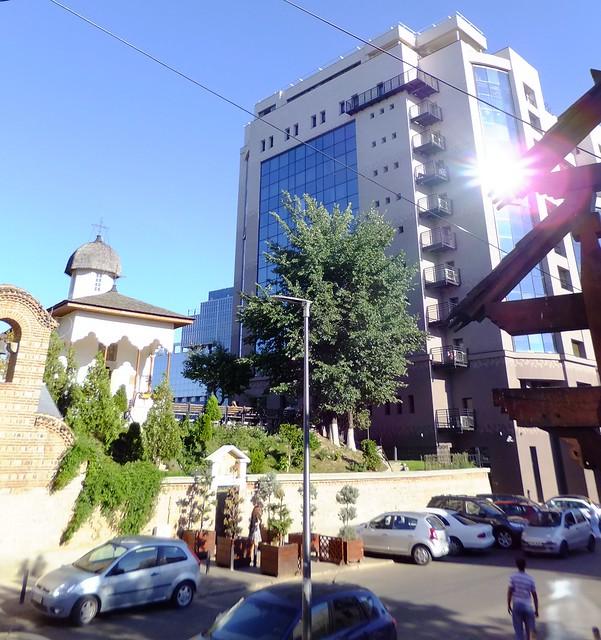
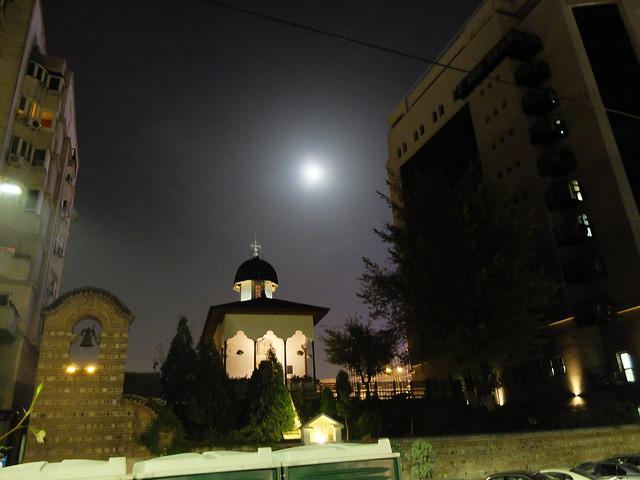
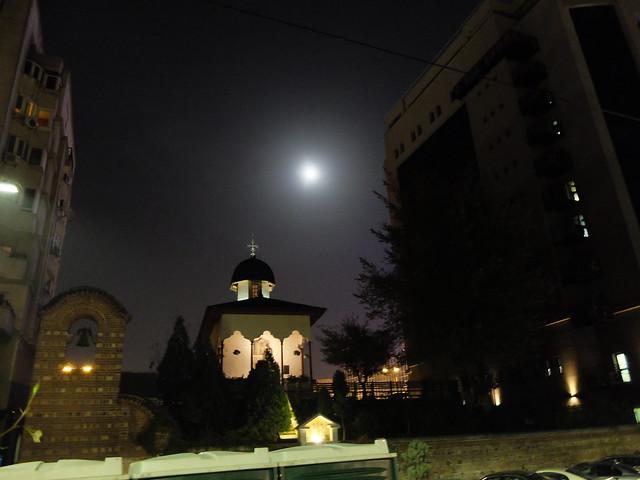
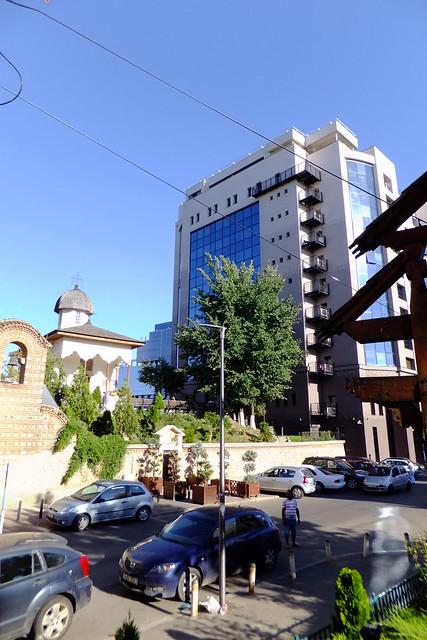
Radu Vodă
Overview
Historical Significance
Radu Vodă is a charming locality situated within Călărași County, Romania, steeped in a rich historical tapestry that dates back centuries. Originally named after the famous Wallachian prince Radu Vodă, who ruled in the 16th century, the village has a historical significance that draws visitors interested in Romania’s past. The region has witnessed various influences, from the Ottoman Empire to the Austro-Hungarian monarchy, each leaving an indelible mark on its cultural landscape.
As you wander through the village, you’ll notice remnants of its storied past, with traditional architecture and historical monuments that narrate tales of bygone eras. The local church, a focal point of the community, reflects the spiritual and cultural heritage that has persisted through time. The village's history is not just a chapter in books; it is alive in the stories shared by its residents.
Cultural Atmosphere
Radu Vodă embodies a warm and inviting atmosphere that encapsulates the essence of rural Romanian life. The village is characterized by its close-knit community, where residents take pride in their customs and traditions. Visitors are often greeted with friendly smiles and open hearts, making it easier to engage with the local culture.
Festivals and celebrations play a significant role in the social fabric of Radu Vodă, showcasing traditional music, dance, and cuisine. The vibrant folk culture is palpable during events, where locals don traditional costumes and perform age-old dances that have been passed down through generations. This is an excellent opportunity for travelers to immerse themselves in the local way of life and perhaps even join in the festivities.
Natural Beauty and Local Characteristics
The natural surroundings of Radu Vodă are equally captivating, offering a picturesque landscape that includes rolling hills, lush fields, and the nearby Danube River. The scenic beauty provides ample opportunities for outdoor activities such as hiking, bird watching, and photography. The river, in particular, serves as a vital resource for the community and is a popular spot for fishing and picnicking.
The village is also known for its agricultural practices, with many locals engaged in farming and animal husbandry. Visitors can explore the local markets to experience the bounty of fresh produce, homemade cheeses, and artisanal goods. This connection to the land not only sustains the community but also allows travelers to taste the authentic flavors of Romanian cuisine.
Gastronomy
Food lovers will find Radu Vodă to be a hidden gem for experiencing traditional Romanian cuisine. The local restaurants and family-run taverns serve delightful dishes that reflect the agricultural bounty of the region. From hearty stews like "sarmale" (cabbage rolls) to sweet pastries such as "cozonac," the flavors are rich and comforting.
Don’t miss the chance to try "mămăligă," a cornmeal dish often served as a side and paired with a variety of local cheeses and sour cream. Many establishments also offer wine from nearby vineyards, allowing visitors to savor the unique tastes of Romanian viticulture. Engaging with local cooks can provide insights into traditional cooking methods, making your culinary experience even more memorable.
Conclusion
Radu Vodă is a captivating destination that offers a glimpse into the heart of Romania’s rural charm. With its historical significance, vibrant culture, stunning natural landscapes, and delectable cuisine, the village stands as a testament to the richness of Romanian heritage. Travelers seeking an authentic experience will find Radu Vodă to be a welcoming haven, where the past and present coexist harmoniously, inviting exploration and connection.
Other towns or cities you may like in Romania
Explore other cities that share similar charm and attractions.



